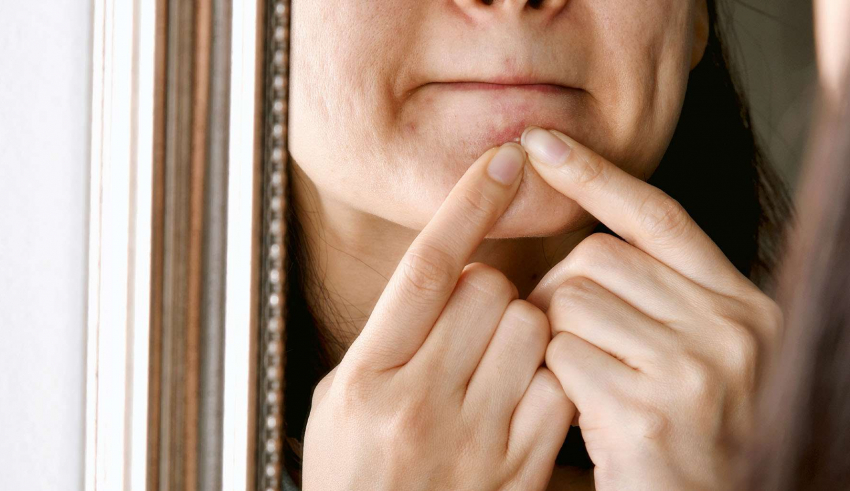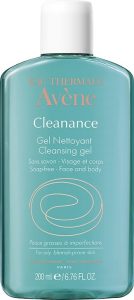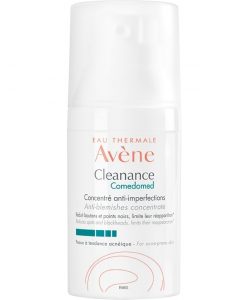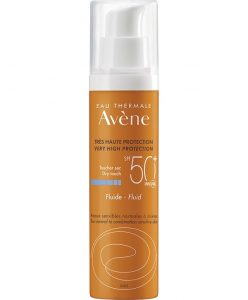
“Will acne disappear by itself?” … a question that only portrays how difficult it is to deal with acne. When pimples pop up, whether during adolescence or adulthood, you become obsessed with getting rid of them in any possible way and you start wondering if acne will go away on its own or if it will require medical treatment.
We have reached out to the dermatologist Dr. Raafat Lakkis, who highlighted several fundamental facts about acne along with its treatment methods, with the aim of providing you with the scientific answer to this very common question.
How is Acne Formed?
As Dr. Lakkis explains, pimples occur when the pores of the sebaceous glands become clogged with dead cells and oils produced by the skin.
Pimples usually appear on the face, neck, chest, back, and shoulders. It usually affects adolescents aged between 12 and 25, but younger or older people may also get acne.
Does Acne Really Go Away On Its Own?
According to Dr. Lakkis, In the vast majority of cases, Acne Vulgaris (the common Acne we get in out teenage years), goes on its own, but not before leaving a heavy psychological burden on the teenager.
Marks, usually brownish or reddish, take longer to fade away than the actual acne lesions themsleves, sometimes many months to a few years, especially the red marks.
Scars on the other hand never go away completely, even with the proper treatment. They can be significantly reduced but not “erased”. Thus, the paramount importance of early treatment and prevention.
What about the treatment?
The treatment depends on how severe your acne is, and it is up to your dermatologist to assess acne severity and prescribe the right treatment accordingly. Treatments may include applying a specific topical cream at home, taking antibiotics, undergoing facial treatments, or even phototherapy.
In severe cases, your dermatologist may perform a chemical peel, applying a highly effective acid on your skin to peel off the outer layers. This technique helps clear the pores and allows your skin to regenerate itself.
Chemical peels usually take around 20 minutes, after which your skin might become red and dry for a few days.
What If Acne Caused Scarring?
In certain situations, especially when the acne is causing scarring, a course of Isotretinoin (Roaccutane, Curacne…) must be prescribed to the patient. This is because, in general, acne scars are notoriously difficult to treat, and the best strategy is to avoid getting them in the first place. Isotretinoin is a derivative of Vitamin A.
It should be taken every day for several months to reduce the sebum production and reverse all factors causing and worsening acne. It is necessary to take Isotretinoin under medical supervision, since around 25% of patients need to go back to the treatment after two years. Dr. Lakkis adds that it is crucial to finish the entire course of treatment or else relapse will most likely occur.
Keep in mind that medical supervision is very important because this medicine has many side effects such as dry skin and lips, which require specific moisturizers.
So, as you can see, the acne journey is long and requires patience and follow-up, together with committing to a daily routine to complement your medical treatment. Only by doing so, you can keep your skin clean and well hydrated.
In order to obtain the best results, we recommend you add the following products to your daily routine from Eau Thermale Avène, a leading brand in the field of skin care:
– Cleanance Cleansing Gel: This face wash is soap-free, specifically designed for oily and acne-prone skin. It deeply cleanses your skin and removes all dirt and build-up that can clog your pores. At the same time, it regulates the production of oily secretions.
– Cleanance Comedomed: This product is a must-have, as it moisturizes your oily and acne-prone skin. It gives it a matte finish while limiting the appearance of blemishes. Above all, it only takes 7 days of use to work its magic. Apply it every day after cleansing your skin.
– Very High Protection Fluid SPF50 +: You also need to protect your skin from the sun. So, we suggest you rely on this light-textured sunscreen. It offers your skin a non-shiny finish, providing an optimal UVA and UVB protection with a SPF 50+.












